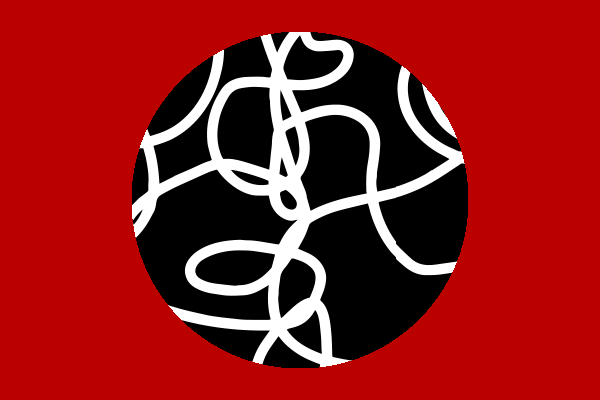Alumnus Timothy Barnett uses Ohio State experience to help system-impacted youth and adults


“… What was phenomenal, in many ways, about my experience at Ohio State in the Rhetoric and Composition Program, was… that the study of language, and not necessarily the study of the famous people who write or the most revered people, but just regular people, takes you in all these different kinds of directions.”
For Dr. Timothy Barnett, an alumnus of the PhD in English program at The Ohio State University, the study of language, composition and pedagogy has certainly taken him in varied, unexpected directions. Barnett is a professor of English at Northeastern Illinois University (NEIU) and is deeply involved with the Prison + Neighborhood Arts and Education Project (PNAP) and their University Without Walls (UWW) program. The UWW program at Stateville Correctional Center, which launched in 2017 in partnership with NEIU, allows students to get a degree based partially on course credit and partially on the skills they have developed throughout the course of their lives. As Barnett, who is one of the program’s Directors of University Curriculum, stated, “[UWW] honors people’s lived experience, and it allows faculty like me and experts in different fields to… look at someone who’s maybe been a dancer for twenty years and say, yes, this student has as much or more than your typical four-year graduate who’s been in the dance program, and the same is true for writers.” The first cohort of seven students in this reimagined degree program graduated in May 2019, and six students are currently enrolled in the second cohort.
UWW is not the only way that PNAP is reimagining justice and the carceral system. PNAP is an abolitionist organization, and their mission places a strong emphasis on building relationships with communities outside of prisons and on intervening in the carceral state. Barnett noted the importance of PNAP’s abolitionist focus, as well as the significance of the connections between those who are or have been in the carceral system and the communities to which they belong. And PNAP isn’t the only place where Barnett has observed the importance of these connections: he has also worked with Curt’s Cafe, a Chicago-area restaurant that employs system-impacted youth as student trainees. Barnett told us that, during his time at Curt’s, he talked with students about “different issues around literacy… and how people tell their stories, and how people use stories to figure out who they are, change their lives, change the world around them.” He related this focus on literacy narratives directly to his time in the Department of English at Ohio State, noting that his seven years in the program took him into a number of areas he would never have expected, from feminist studies to critical race theory. And, although Barnett didn’t begin working with those in the legal and carceral system until he got to NEIU, his time at Ohio State provided a foundation for that eventual work.
Barnett’s time at Ohio State and his experience with literacy narratives has also informed his current research and writing. He recently penned an article about the literacy narratives that incarcerated people write, and he is currently working on a book with the first graduates of the UWW-PNAP program. This book-in-progress tells the stories of people who, like the 2019 cohort of UWW-PNAP, are or were incarcerated, have obtained a post-secondary degree and are doing social justice work. Barnett states that “the book is supposed to demonstrate… how those kinds of leaders are the people who need to lead us in a better direction… The book is demonstrating some of the experiences of these men and women who are leading some justice organizations and why we should be paying more attention to them.”
Barnett credits several Ohio State faculty with influencing where he is today, including Andrea Lunsford, Louis Ulman and Professor Kay Halasek. He mentioned Halasek’s course on Feminist and Critical Pedagogies in particular, saying, “[The course] has affected me to this day, and the way I think about diversity, the way I think about my own experience, the way I think about whiteness and masculinity… [Professor Halasek’s] class just really has stuck with me through the years… It was just a really open, theoretical, but also personal kind of class that had me thinking then and has had me thinking since.”
When asked what he is most proud of in a 23-year career rife with achievements, Barnett noted the strong influence of his time at Ohio State on his current work. He said, “As a graduate student, we talked a lot about diversity, and I learned things that I had never thought of before around language and literature and teaching… [My] biggest achievement, or maybe what I’m most proud of, is trying every day to keep up, and learn, and use the learning I got from OSU.”
By Sara Craig and Elizabeth Falter
